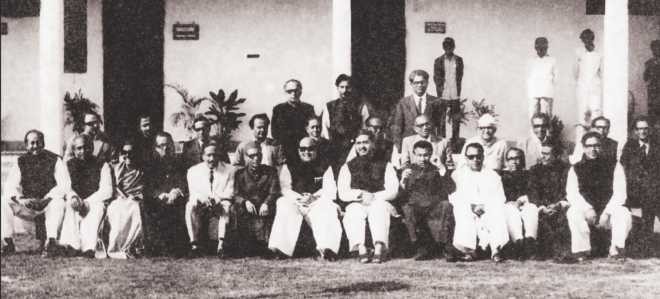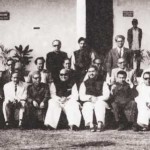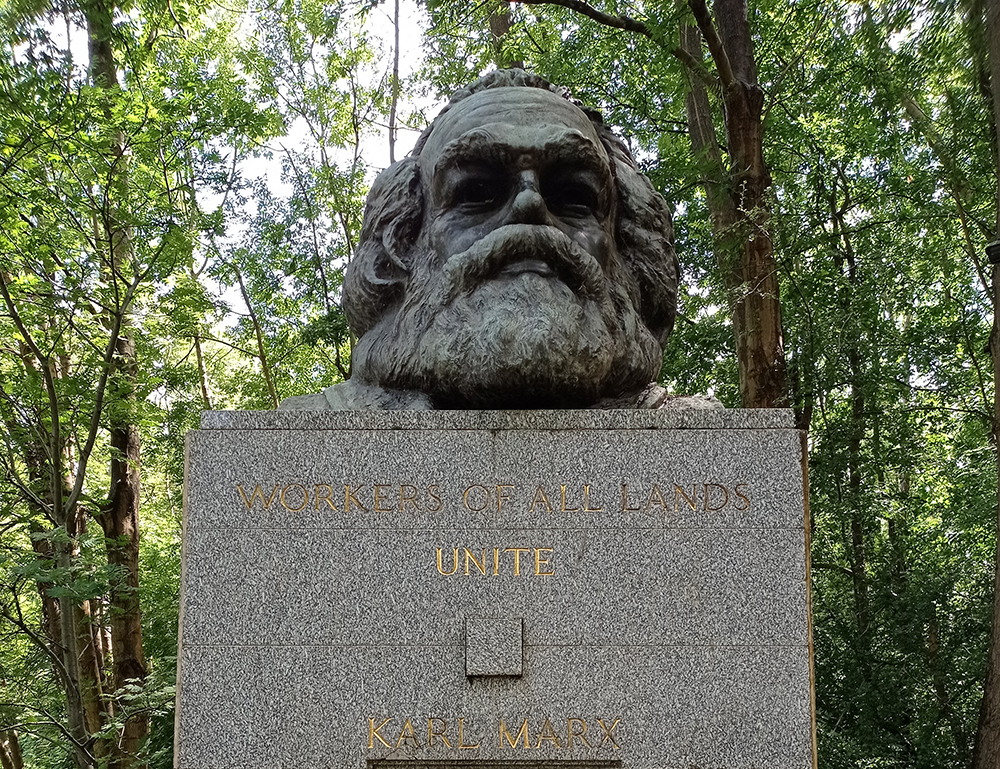The tension and debate over the protection of rights of the Dalit community and conflicting attitude of the State towards the socio-religious reform movements in South Asia has a tortuous history. The history dating back to the 19th century Indian socio-legal movement sheds light upon the expression of the rising national consciousness and spread of the liberal ideas with regard to Dalit community’s entitlement to human dignity and rights. Breaking the cycle of social oppression and ensuring the rights of Dalits were a matter of righteous battle against unjust law, practice and administration. At this backdrop, social and political contribution of Ambedkar, who throughout of his life fought for the rights of Dalit people and the causes of humanity, deserves an analysis of ‘Ambedkar as a social reformer’ through the anthropological prism of a Western originated, but Eastern based writer- Christophe Jaffrelot.
“Analysing and Fighting Caste: Dr Ambedkar and Untouchability,” written by Christophe Jaffrelot, a French political scientist specializing in South Asia, is billed as the rediscovery of Ambedkar and his political dynamics in fighting caste system of Hindu religion. Encountered with a number of socio-political thoughts, Ambedkar pioneered the fearless and righteous endeavor of fighting for the deprived section of the society. His life shows that freeing disadvantaged human beings especially the Dalit community from religious dogmas and State exploitations needs the courage and sense of humanity for a politician like him in the State legislature.
Bhimrao Ramji Ambedkar (1891-1956), popularly known as Babasaheb, was an Indian jurist, politician and social activist. He inspired the modern Buddhist movement, campaigned against caste discrimination in India, and strived for equal rights for deprived women and workers. He was the first Dalit or lower-caste Hindu ever to be formally educated to the highest level, gaining his PhD in the West. Today no one doubts Ambedkar’s status as India’s first and foremost Dalit leader.

While Brahma and Arya Samaj kept lower-caste Hindus in the dark, Ambedkar demolished the dens of social and religious hurdles and opened up new horizons of freedom and equality for the backward communities. Instead of proposing mere textual reforms for Dalits, he put forward total liberation. He supposed that a radical, systemic, and comprehensive change in the society would lead to an end of hierarchical domination of all kinds. Against the trend of Dalit enslavement, Ambedkar awakened their minds, ignited their hearts, boosted up their energy and resurrected them as powerful human beings.
Seen in the light of this social reform movement, Christophe Jaffrelot focuses on the three key areas that are central to a full understanding of Ambedkar – Ambedkar as a social theorist, statesman and politician, an opponent of the caste system, and a preacher of Buddhism.
Unlike the Western writers who believed in the theories of racial discrimination, Ambedkar used to see the problem of caste system differently. He believed that the Western writers opted for race as the root cause of the ‘problem of social discrimination’ because they were ‘themselves impregnated by color prejudices’. One can even find this prejudice evident in Martin Luther King’s African-American civil rights movement back in 1950-60’s. But while talking in South Asian context, they could not have been more wrong, he argued, for caste in Indian sub-continent is a social phenomenon, not a racial one.
Ambedkar defined caste as a ‘closed class’ and endogamy to be the main springboard of castes. He spoke, for instance, that the Brahmins did not impose caste system on the society; instead it evolved the other way. The other social groups imitated the Brahmins and resultantly opted for endogamy.
One of the main sociological findings of Anbedkar was the notion of ‘graded inequality’. He suggested that the hierarchy of reverence and a social gradation of contempt together would pose a strong resistance to societal change. He found that the lower castes are not in a position to overthrow their oppressors. He blamed they are within the very characteristics of ‘graded inequality’ along with their partially internalized hierarchy. To him, ‘graded inequality’ is the key element of caste system. He showed that the hierarchy of caste reflects a very specific logic of ‘graded inequality’, which prevents those most discriminated against from forming social coalition against the elite groups. This is the reason why a society is incapable of bringing about a revolution and reformation.
Following the mystics’ and the social activists’ attempts at crystallizing the Dalit identity, Ambedkar provided intellectual basis to its formation. Through the process of getting the Dalits together socially, he showed the nation that Dalit identity could assume a definitive form. As the Chairman of the Constitution Drafting Committee and the first Law Minister in India, Ambedkar contributed immensely to the socio-cultural assertion of the Dalit identity. With the embracing of Buddhism along with many of his followers and proclaiming Buddhism as an alternative to religious dogmas, he also provided spiritual basis to the Dalit identity.
To conclude, for years, Ambedkar waged a lonely battle against India’s higher-caste political establishment, which included Mahatma Gandhi, who unfortunately resisted Ambedkar’s effort to formalize and codify a separate identity for lower-caste Hindus. Nonetheless, Ambedkar was able to modify Gandhian attempts to influence India’s polity. Whether historically, politically and socially Ambedkar was able to win the battle against caste based inequality or untouchability indeed remains a topic of great debate. Even the issue why the Dalits are being treated unequally despite having black letter laws’ protections in a country warrants much attention to address from policy makers. These are the few questions, I found, this book makes us want to explore out academically with a social humane touch for Dalit community.
The article won the fortnightly Book Review Competition organized by Storyteller Bangladesh on 15.10.2014.”
Citations:
Emraan Azad, “Crusading against Caste based Inequality: Christophe Jaffrelot’s ‘Dr Ambedkar and Untouchability’” (DHLR Blog, 1 September 2014) http://www.dhakalawreview.org/blog/2014/09/crusading-against-caste-based-inequality-christophe-jaffrelots-dr-ambedkar-and-untouchability-203





















People reacted to this story.
Show comments Hide commentsInspiring! Keep it up Emraan 🙂
Thank you..!! 🙂